The college of liberal arts(Its predecessor is the Chinese department) was established in 1955.It was the first established teaching unit of Qufu Normal University and began to recruit undergraduate students in 1956. In 1970, it was merged with the Chinese Department of Shandong University in Qufu,founded as the Chinese Department of new Shandong University.The original system was restored in 1974.Its name was changed to the college of liberal arts in 2003. Beginning in 1980, the admission of postgraduate students was the first batch of Postgraduates enrolled in China.In 2003, Chinese ancient literature was awarded the right to grant a doctorate in Chinese literature. In 2005, it was added as a master's degree point for Chinese language and literature. In the same year, it was established as a special professor of the first "Taishan scholar" in Shandong Province. In 2007 it was evaluated as the first national specialty. In 2009, the post doctorate mobile station was set up. In 2011 the discipline of Chinese language and literature is approved by the Academic Degrees Committee of the State Council as a Ph.D. During the period of "Seventh Five Year Plan", the Chinese Department of Qufu Normal University was appraised as the key department of the University of Shandong Province. During the period of "Eighth Five Year Plan" and "Ninth Five Year Plan", the Chinese ancient literature was appraised as the key subject of Shandong Province. During the period of "10th Five-Year", "11th Five-Year" and "12th Five-Year", the subject was also evaluated as the strengthening construction and special emphasis of Shandong Province. At the same time, the subject of Chinese modern and contemporary literature has also been rated as the key subject of "11th Five-Year" and "12th Five-Year" in Shandong Province. The subject of Chinese international education was appraised as the key discipline of "12th Five-Year" in Shandong Province.
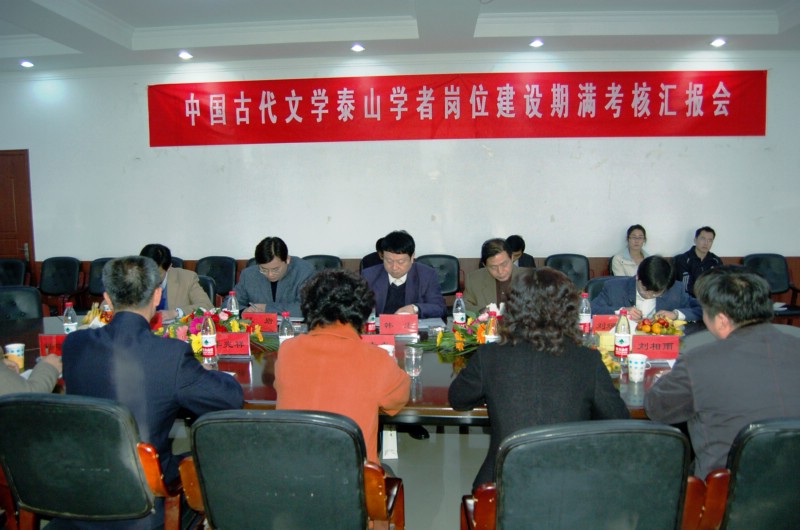
College of liberal arts has undergraduate majors of Chinese language literature, Teaching Chinese as Foreign Language,literature of Theatre and Television, Institute of Language and Literature Research, "Modern Chinese" editorial office units.There are nearly 100 faculty members in full-time, part-time teaching, scientific research, editing and management, including 64 staffs, 20 professors, 32 associate professors and more than 50 doctorate teachers.There are 4 doctoral supervisors , more than 30 master tutors,and more than 10 teachers at post doctoral work. The faculty’s average age is 42.3 years old. It is an academic team of age structure, title structure, academic structure, reasonable professional structure and great development strength.There are 2075 full-time undergraduate students and more than 500 graduate students.College of liberal arts have 8 secondary subjects,such as ancient Chinese literature and contemporary Chinese literature, literature and arts, Chinese language and Philology, classical philology, linguistics and applied linguistics, comparative literature and world literature, and the teaching theory of Chinese courses,they all can recruit doctor and master students. At the same time, the master of Chinese International Education and pedagogy can also recruit master students.
Confucian culture is the precious and traditional wealth of Chinese people, it is also the valuable wealth of the world. Chinese language and literature reflects the overall connotation of Chinese civilization comprehensively and profoundly. To show China to the world ,to push the Chinese culture and language to the world is the strategic measure of cultural construction in our country,it is also a teaching and scientific research goal that College of liberal arts has adhered to consistently.
With the help of rich cultural resources of Confucianism, we have been carried forward the excellent Chinese culture for many years, closely linked to "the deep relationship between the Chinese traditional culture and the two levels of discipline with the core of the Confucian culture", and devoted to the intercultural communication of language and literature perseveringly.Teaching activities and academic research have made remarkable achievements.The study of Confucian culture and classical literature of ancient Chinese literature, political and cultural trend of thought and the study of Chinese literature in twentieth Century, cultural comparative linguistics and applied linguistics, Confucianism and multicultural and comparative literature research, literature and art theory and the study of the industrialization of art,we have formed a distinctive feature. In recent years, college of liberal arts has undertaken 10 teaching and research projects in Shandong Province, obtained the first prize of teaching achievements for three times, the second prize awards for once in Shandong Province,three teachers obtained the honor of "famous teachers" in Shandong Province, and the ancient Chinese literature, contemporary Chinese literature and ancient Chinese are rated as "Excellent Courses" in Shandong Province. In the field of academic research,by the end of July 2014,761 articles were published in five years,73 Monographs (translated works)were published,30 awards above provincial and ministerial levels, 129 new scientific research projects, 2 million 311 thousand new longitudinal funds, and 10 million 710 thousand yuan for teaching and scientific research in five years. Many research projects involve new academic fields or academic frontiers, and the achievements of scientific research have had an important influence at home and abroad.In 2014, We received 2 projects from the National Social Science Foundation, and 4 items of Humanities and social science projects of the Ministry of education.
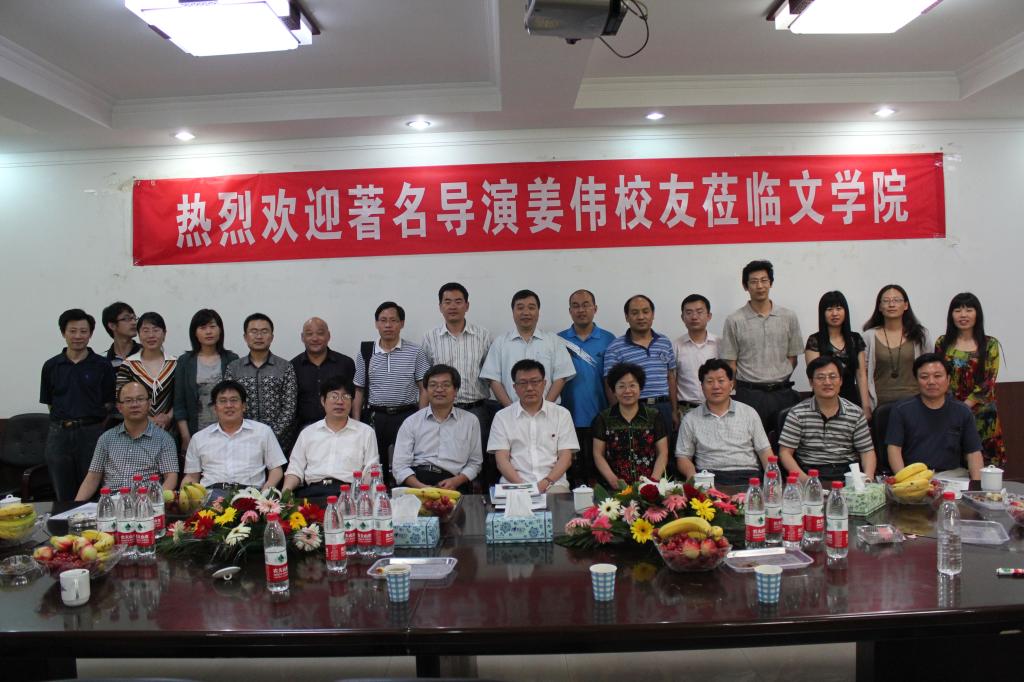
In recent years, on the basis of careful summary of previous achievements, college of liberal arts has rationally analyzed the internal and external environment, and planned the overall development ideas for a long period of time in the future: carry out the spirit of the the third Plenary Session of the 18th CPC Central Committee, deepen the reform, and grasp the core of the connotation construction so as to highlight the special teaching and scientific research. We should improve the post doctoral, doctoral, postgraduate and undergraduate education system; In combination with the special regional environment characteristics,surrounding China's traditional culture closely, especially the Confucian culture as a grand subject, various disciplines and various directions and cooperation, to carry forward excellent culture and the research results of Confucianism and Confucius theory, as far as possible to infiltrate every course and every research topic; In the training of talents, three key points are put forward by teacher education. We should make the teachers' normal, traditional and practical as the characteristics of long-term education, cultivate the students' professional skills, focus on imparting excellent traditional culture, and try to promote quality education;In the field of human science research, on the basis of the previous research directions, the research of Chinese traditional culture, especially the Confucian culture and Confucius's theory are the focus, combining the laws and requirements of secondary subjects from different angles, which not only guarantees the particularity of the subject itself, but also makes the study as a whole,highlighting our academic and academic characteristics gradually.
Foreword
Founded by the Japanese government in 1928, the Taihoku (Taipei) Imperial University first established two colleges: the College of Liberal Arts and Political Science and the College of Science and Agriculture. The following year, 1929, the Department of Literature, which was included in the College of Liberal Arts and Political Science, initiated a lecture course on East-Asian Literature mainly focusing on Chinese Literature, and therefore can be thought as the formation of the Chinese literature department.
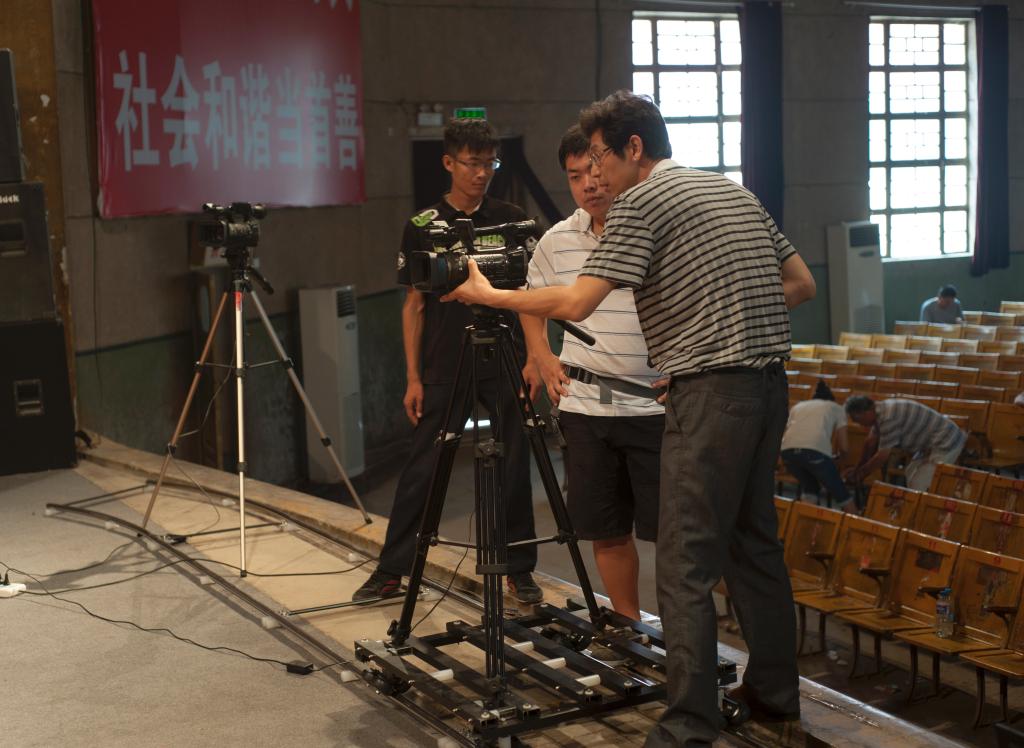
After World War II, in 1945, the R.O.C. government resumed Taihoku University and renamed it as National Taiwan University. The College of Liberal Arts and Political Science was divided into the College of Liberal Arts and the College of Law. The Department of Chinese Literature was officially established at the same time. At the beginning, Wei Chien-kung, the professor of Chinese literature at Beijing University, actively participated in the planning and recruiting people for the Department. During 1947 to 1948, Mr. Hsu shou-shang and Mr. Chiao Ta-chung held the department consecutively.
Since August 1948, Professor Tai Ching-nung had been the department chair for twenty years and made a great contribution to the stability and development of the Department. His successors include Chu Wan-li, Lung Yu-chun, Yeh Ching-ping, Lo Lien-tien, Huang Chi-fang, Chi Yi-shou, Chou Hsueh-wu, Li Wei-tai and Yeh Kuo-liang. All those department chairs did their best to make progress and improvement of the department.
In 1957, the graduate Department of Chinese Literature was founded and offered courses on M.A. degree. In 1967, the Ph.D. program started. In 1972, the Evening Division was set up. In 1997, the Evening Division and the Center of Extension Education were merged to form the Division of Continuing Education and Professional Development. Now the total number of students reaches around 700.
Hardware and Equipment
There are departmental office; meeting room, seminar room, memorial room, two reading rooms, as well as forty-five study rooms, including special study rooms for contemporary literature, linguistics and drama. The Department also owns a complete set of audio-visual presentation equipment for classes and other uses.
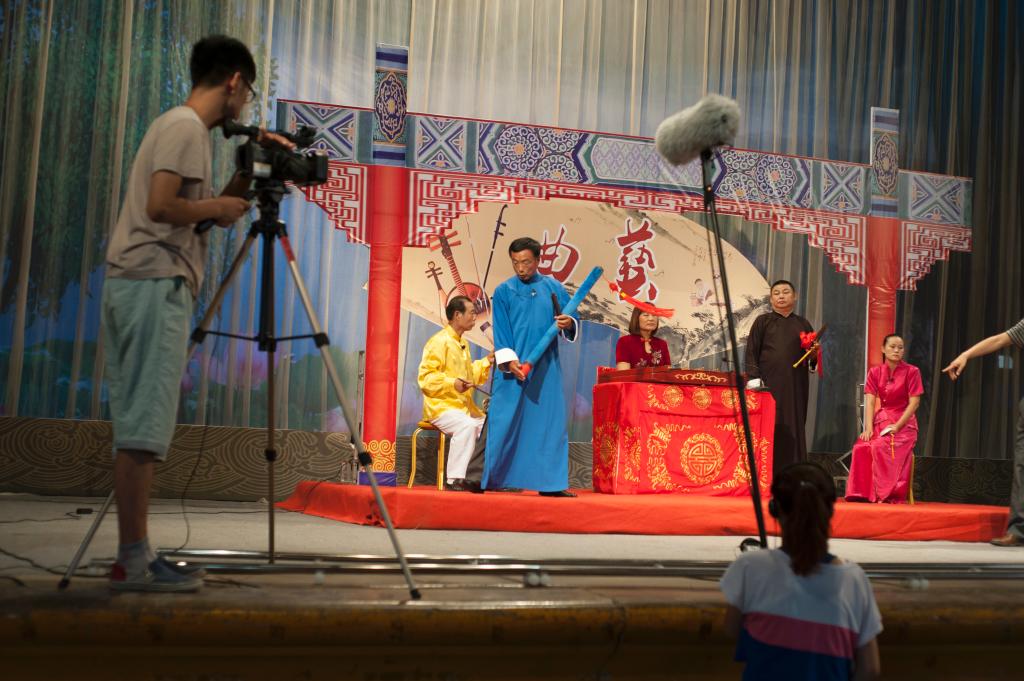
A large number of copiers, printers, and computers are available for use by professors and students in the Department. In addition, the Department also has acquired such high-tech equipment as digital cameras and LCD projectors in recent years for use as teaching and research aids. The departmental office and all the study rooms are connected to the computer networks, and faculty members, students, and other interested parties are able to access a significant amount of useful information by logging into the Department’s homepage.
Study Material
In recent years, a large portion of the Department’s collection of several hundred thousands of volumes in both Chinese and foreign language materials and dozens of academic journals have been relocated to the University’s newly finished main library. The Department also has a collection of 728 Ph.D. and master’s thesis, nearly 500 recordings of academic lectures, and a number of tapes and videos of drama and musical performances, including black and white and 3D animation color films of reenactments of the Marriage Rites of Intelligentsia as recorded in the Book of Rites.
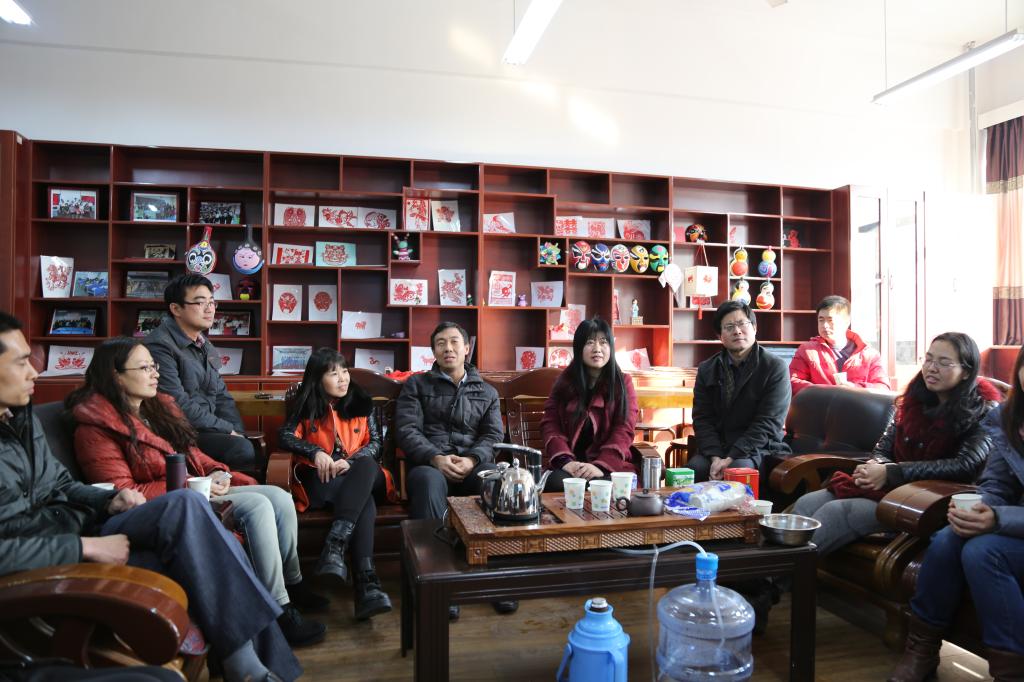












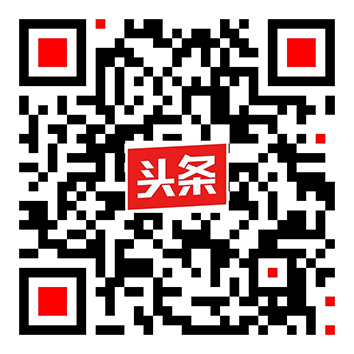

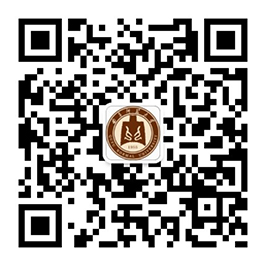



 鲁公网安备 37088102000140号
鲁公网安备 37088102000140号